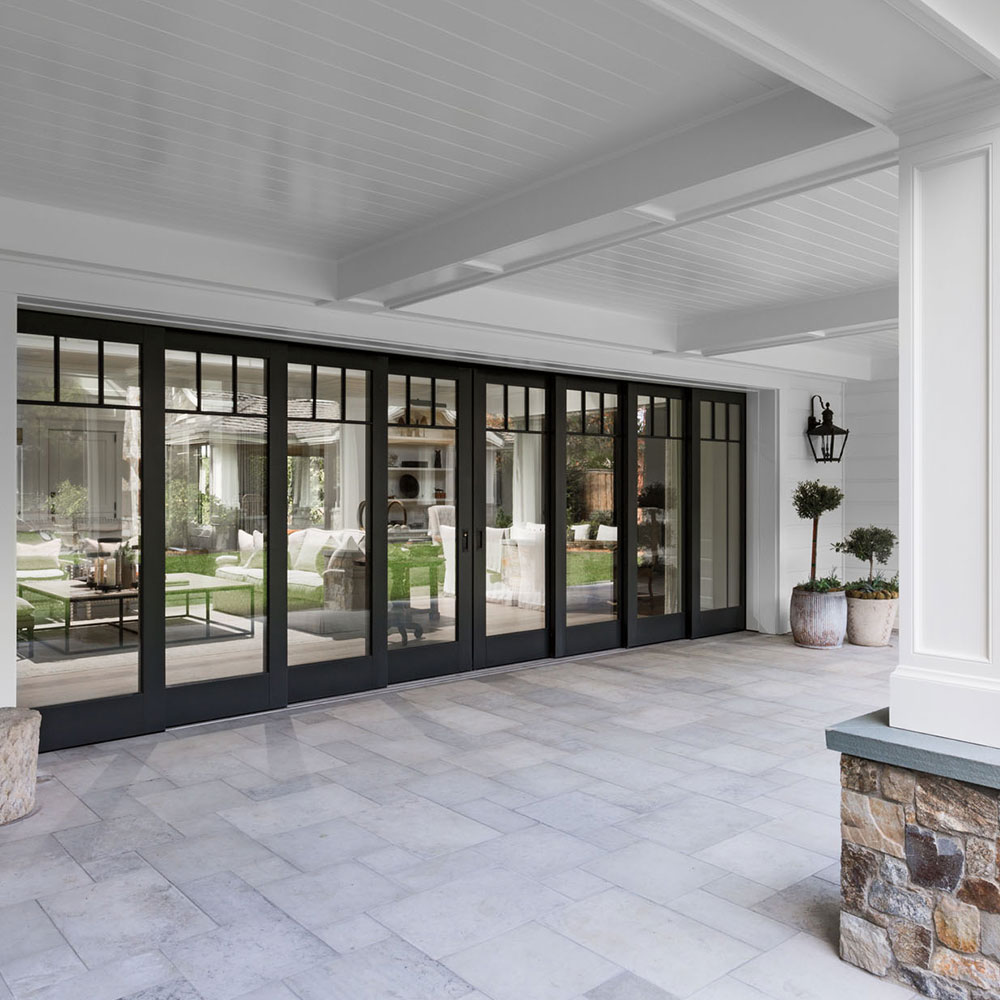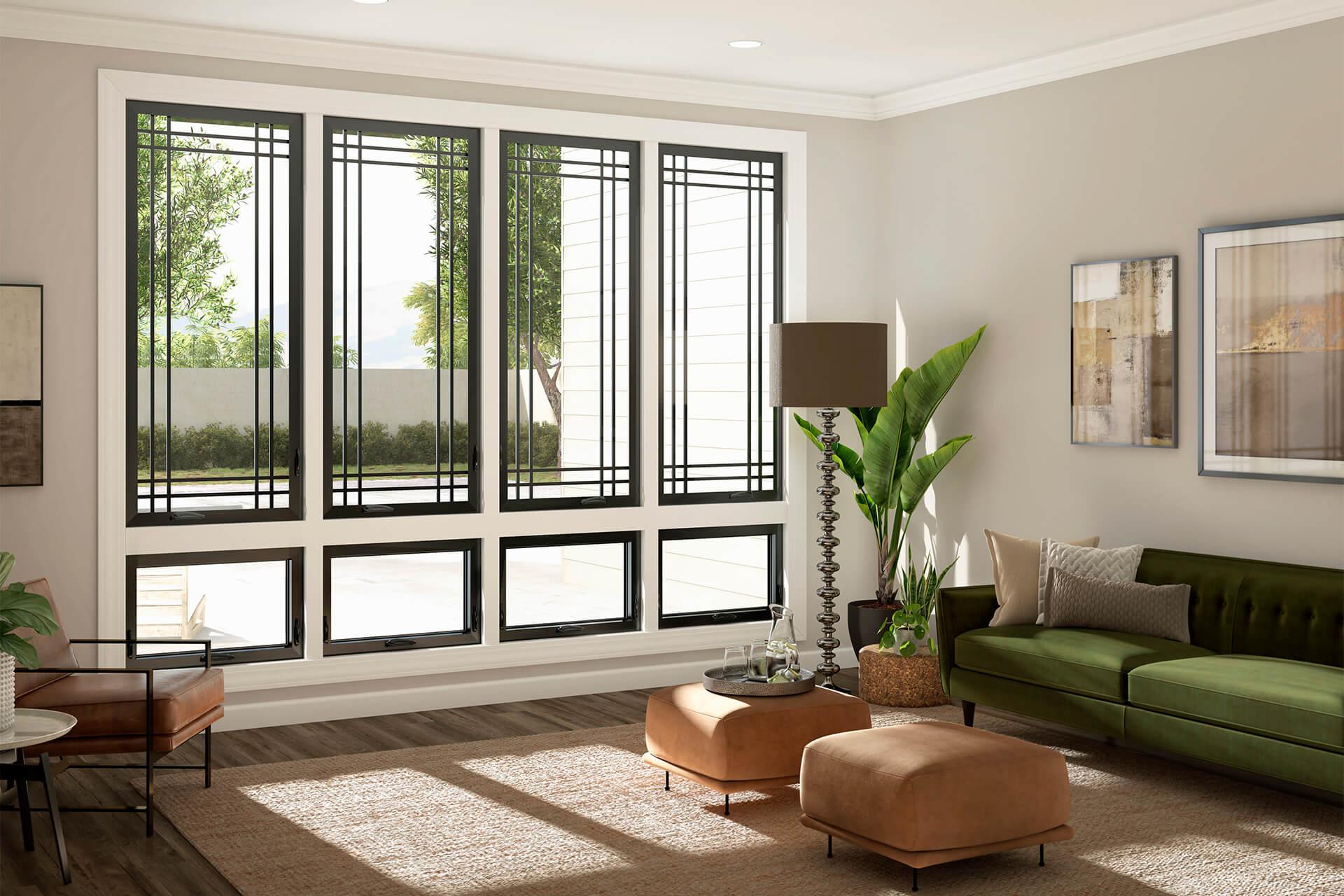Jersey Village Window Replacement: Boost Your Home's Worth
Upgrade Your Home With Energy-Efficient Window Substitutes
In the world of home improvement, the decision to upgrade to energy-efficient window substitutes can significantly impact both the functionality and appearances of a house. Past the surface level of mere appearances, energy-efficient home windows supply a wide variety of advantages that go past simple aesthetic appeal.
Benefits of Energy-Efficient Windows

The installation of energy-efficient windows provides considerable financial savings on utility bills while improving ecological sustainability. Additionally, energy-efficient windows can assist regulate dampness degrees within the home, minimizing the threat of mold and mildew and mildew development.
Past the monetary benefits, energy-efficient windows contribute to environmental sustainability by decreasing carbon emissions associated with power production. In general, spending in energy-efficient windows not only improves the comfort and efficiency of a home but additionally aligns with ecologically aware practices.
Types of Energy-Efficient Glass
Different sophisticated kinds of energy-efficient glass offer distinct residential or commercial properties that provide to different demands and choices in enhancing the sustainability and performance of buildings. Triple-pane glass, consisting of 3 layers of glass with protecting gas in between them, offers enhanced thermal insulation, making it highly energy-efficient. Additionally, self-cleaning glass with an unique finish that breaks down and loosens dirt when exposed to sunshine can decrease upkeep requirements and maintain home windows looking tidy.
Elements to Consider When Choosing
When considering energy-efficient home window substitutes, it is essential to meticulously examine particular aspects that straighten with your sustainability goals and preferred energy cost savings. One critical variable to think about is the home window's energy performance scores, such as the U-factor and Solar Warmth Gain Coefficient (SHGC) The U-factor measures exactly how well the window insulates, with lower numbers showing far better insulation, while the SHGC indicates the home window's ability to block warmth from sunshine. Furthermore, the window structure product plays a significant function in power performance. Products like fiberglass, plastic, or wood with thermal breaks are outstanding choices for lowering warm transfer. An additional vital factor to consider is the window style and alignment concerning sunshine exposure. Selecting the right home window design and purposefully putting them can take full advantage of all-natural light while lessening heat gain or loss. Lastly, installation high quality is vital to guaranteeing the windows do as planned. Correct setup helps prevent air leakage, guaranteeing optimal power performance. By carefully evaluating these variables, you can select energy-efficient windows argon double glazing that boost comfort, minimize power costs, and benefit the setting.
Installation and Maintenance Tips

Normal maintenance is crucial to preserving the performance of your energy-efficient home windows. Examine the weather-stripping and seals for any tears or voids and change them if required to keep the home windows' power performance. Katy window replacement.
On top of that, lube moving components such as locks and hinges to ensure smooth procedure. By following these setup and maintenance tips, you can boost the energy effectiveness of your home and extend the lifespan of your energy-efficient home windows.
Cost-Benefit Analysis of Upgrading

Energy-efficient windows are created to decrease warm transfer, decreasing the need for home heating and cooling down systems to function overtime. This can bring about considerable financial savings on power expenses, particularly in regions with severe temperature levels. Furthermore, energy-efficient windows can enhance the overall worth of your home, making it a lot more eye-catching to prospective buyers if you make a decision to offer in the future.
When determining the cost-benefit analysis, consider the potential cost savings on energy bills, any kind of readily available incentives or discounts, and the lifespan of the home windows. While the first cost might be greater, the lasting financial savings and benefits of energy-efficient windows make them a wise financial investment for house owners seeking to boost their home's energy performance and worth.

Conclusion
In conclusion, updating to energy-efficient window substitutes provides numerous benefits such as decreased energy consumption, enhanced comfort, and cost financial savings. By picking the proper type of energy-efficient glass and considering aspects like framework product and installation, property owners can make the most glazing prices of the effectiveness of their windows. Normal upkeep and appropriate setup are vital for lasting performance. On the whole, the cost-benefit evaluation of upgrading to energy-efficient home windows shows that the helpful site preliminary financial investment can lead to significant savings over time.
When considering energy-efficient window substitutes, it is important to meticulously assess specific variables that straighten with your sustainability goals and desired energy savings. The U-factor measures how well the window protects, with lower numbers showing better insulation, while the SHGC suggests the window's capability to block warmth from sunshine. By thoroughly reviewing these variables, you can select energy-efficient windows that improve comfort, lower power expenses, and benefit the setting.
While energy-efficient home windows may have a greater in advance expense contrasted to conventional home windows, the long-lasting benefits usually surpass the preliminary financial investment.In final thought, updating to energy-efficient home window substitutes offers various benefits such as minimized power usage, increased comfort, and cost financial savings.